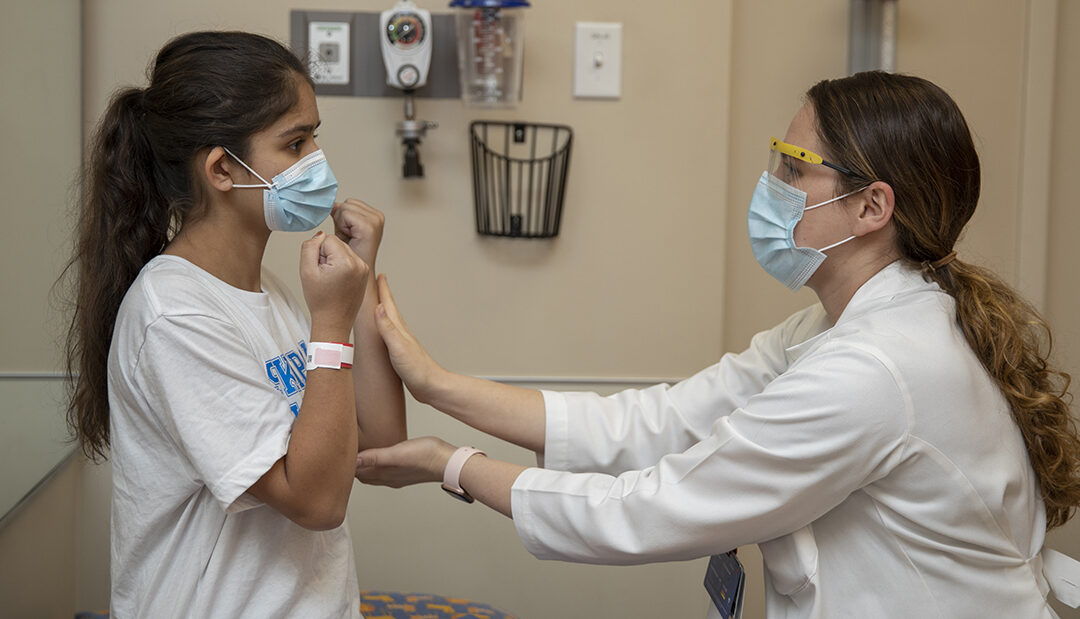As an institution dedicated to giving children back their childhood, our experts provide a full spectrum of care to make sure all aspects of a condition are treated. Whether common or complex, many of the orthopedic diagnoses seen by our team have other associated conditions which require treatment.
Experts from our Neurology and Rehabilitation Medicine department see children who have various neurological disorders and neuromuscular diseases. Although each condition varies when it comes to its severity, every child seen by this team receives world-renowned care with the ultimate goal of helping them live a more independent life. Learn more about pediatric neurology below.
What is pediatric neurology?
Pediatric neurology is the treatment of conditions that affect the nervous system including the brain, spinal cord, peripheral nerves and muscles. This can include disorders such as migraines, epilepsy, developmental delay and neuromuscular conditions.
Meet the Experts
Michelle R. Christie, M.D.
Child and Adolescent Neurologist and Clinical Neurophysiologist
Christie sees all neurologic conditions with a focus on Charcot Marie Tooth, holoprosencephaly and hereditary spastic paraplegia.
Fabiola I. Reyes, M.D.
Pediatric Physical Medicine & Rehabilitation Physician
Reyes provides care to patients who have trouble with motor control.
Common Conditions Treated by the Team
- Cerebral palsy
- Epilepsy
- Migraines
- Developmental delay
- Congenital birth defects of the nervous system
- Genetic diseases of the nervous system
- Neuromuscular disorders including myopathies, Charcot Marie tooth, brachial plexopathies and traumatic nerve injury
- Tuberous sclerosis
- Holoprosencephaly
- Hereditary spastic paraplegia
Multidisciplinary Approach to Care
The Neurology and Rehabilitation Medicine department includes staff from various areas of specialty. This helps to ensure that no matter what a child may need, we have an expert to provide the best treatment options for any aspect of the condition. Patients seen by our Neurology experts may also interact with advanced practice providers (APP), nurses, pediatric psychologists, recreational therapists, orthotics, and physical and occupational therapy.

